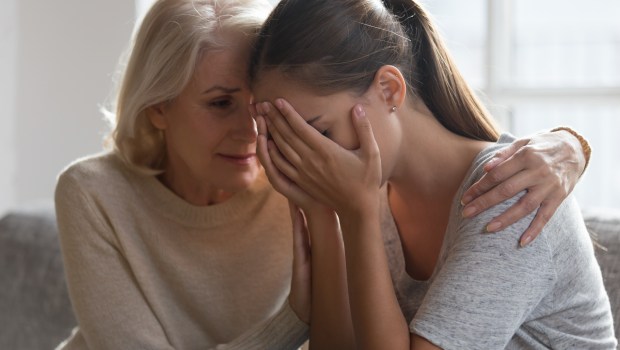For more than a year, the pandemic has been challenging our resilience: our ability to live and carry out our daily life despite adversity.
During this public health crisis, we don’t have to look far to find adversity, even if we’re physically healthy: isolation, loss of meaning, weariness, anxiety ... This adversity has sometimes manifested itself also in legal battles over freedom of worship, the struggle to accompany a loved one at the end of life despite safety measures, the debate over how and when to open schools and universities, and so on.
In the past, resilience seemed to concern only those who had suffered trauma. But it’s now relevant for everyone, as the pandemic affects all aspects of our existence. It can concern a student deprived of a classroom, a Christian deprived of public worship, an employee suffering because of telecommuting, a father or a mother overwhelmed by domestic burdens, and elderly people far from their families, just to name a few examples.
The term resilience was used for the first time in the area of agriculture, according to Boris Cyrulnik—neuropsychiatrist, ethologist and psychoanalyst, who pioneered the concept of resilience—who spoke recently at the Resilience Summit organized by the French organization PepPsy.
In agriculture, a flower is said to be resilient when it can adapt to drought. When exposed to too much sunlight, it develops into another form; it becomes thorny. In geography, soil is said to be resilient when life returns after a flood or a fire, and new fauna and flora appear. "This is the simplest and most poetic definition of resilience!" says Cyrulnik.
In today's context, how can we help our loved ones to be resilient, when they are caught up in anxiety or loneliness? The expert on resilience is clear: It's all about the emotional security we’re able to offer them.
It's about finding new ways to be present to our loved ones despite the confinement. "Call, talk, tell them you love them ... because the real substance that stimulates the brain is emotional connection."
This causal link has been demonstrated by neuroimaging. Certain areas of the brain, at the level of the prefrontal lobes and limbic circuits, evolve according to whether the subject benefits from a secure emotional environment or not. "The worst aggression is a lack of emotional support," he says.
The isolation caused by the pandemic therefore can alter our brains, but the good news is that we can affect the brain positively as well through emotional security. "You can affect a relationship in a way that affects the brain. The real tranquilizer of the brain is an emotional relationship," says Cyrulnik.
He illustrates his remarks by mentioning the elderly who are said to die of dehydration, but who in reality "die of affective deficiency.” If they are alone, if they no longer receive visits or phone calls, then for whom do they nourish themselves? "With no one to drink for, they simply stop drinking,” he explains.
It’s a shocking example, which shows how taking care of our loved ones—showing them love and affection in a language they understand, especially when they are in distress—is a question of survival.










